
Episode 151
The last thing you want PPE to do is create more risk for incidents. That's why size and fit matter when selecting the right gear for the job.
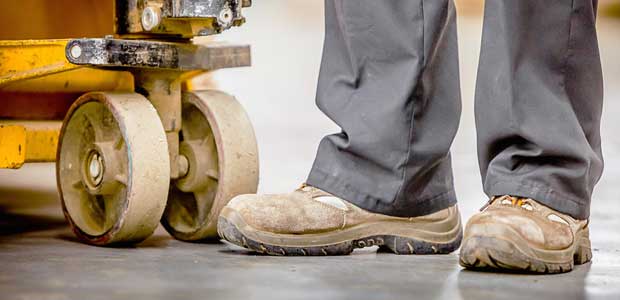
Providing workers with proper foot protection should be a moral obligation.
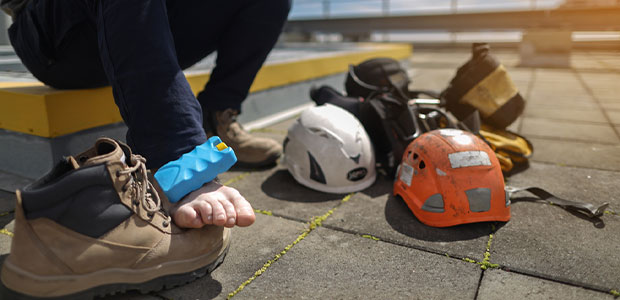
Employees are leaving worksites in droves—finding ways to give workers ownership of their safety and health could help retention.
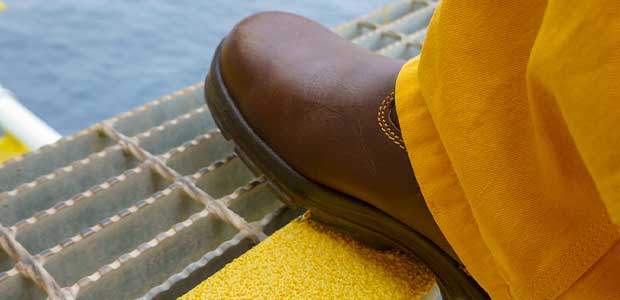
An associate professor at the University of Pittsburgh leads a study to show AA batteries can measure shoe tread wear, leading to slips and falls.

Compliance can be tough when it comes to footwear—especially when employee motivation and buy-in is low.
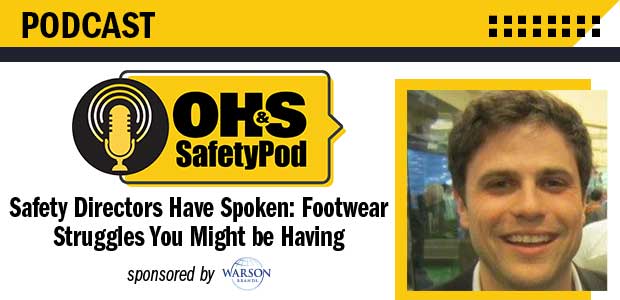
Episode 55
A survey sent to safety directors has narrowed down the top struggles workers have with their protective footwear. Listen along as Editor Sydny Shepard and Vice President of Marketing at Warson Brands discuss the results of the survey and more.
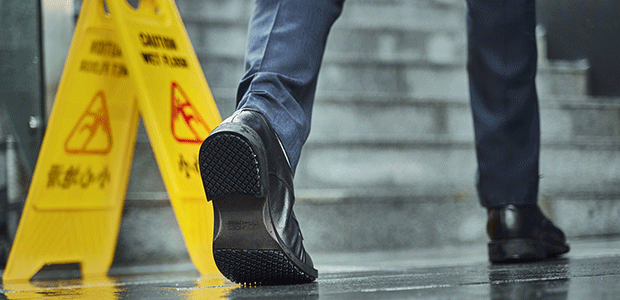
Evaluating the coefficient of friction of PPE footwear.
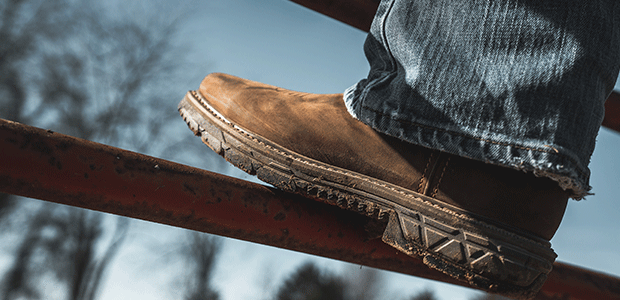
The style, fit and materials of your boot could be the difference in safety or an on-the-job injury.
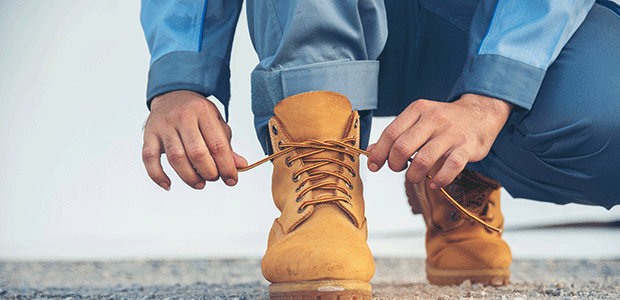
Footwear is a significant part of protection for workers that requires several components to make it as effective as possible.

If footwear does not provide sufficient support, the worker may not wear it leading to several opportunities for injury.

If this past year has proven anything, it has proved that anti-fatigue precautions are needed for an already overworked industry.

The protective measures and equipment that welders require are spelled out in OSHA's 29 CFR 1910.252, the welding, cutting, and brazing standard.
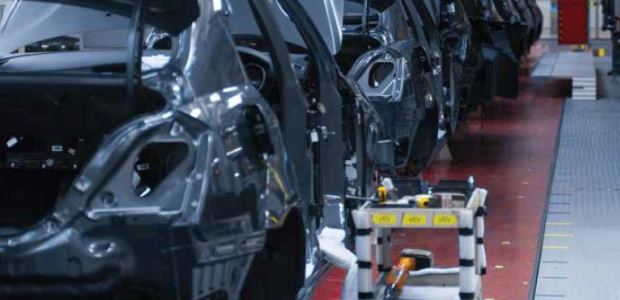
Training workers is vital in making sure the PPE is doing its job in protecting the users.

A company can have different employee types: administrative 9-5 workers, active sales teams, and warehouse workers. It's important these employees aren’t bunched up into one category of winter preparedness.
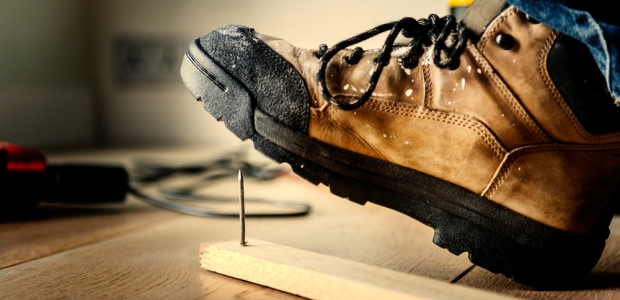
One of the revised standards covers test methods for foot protection (F2412). The others are specifications for performance requirements for both safety toe cap footwear (F2413) and soft-toe (non-safety) protective footwear (F2892).

Supportive footwear with added comfort and shock absorption can prevent injury, illness, and fatigue.

Different footwear materials have different pros and cons for workers in this industry.
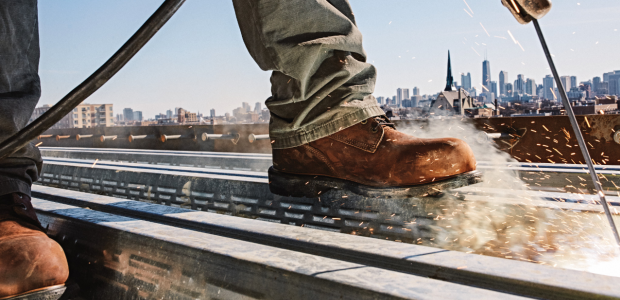
Good shoes make better employees.

Test results demonstrate that an employee is indeed safer while wearing a pair of safety-toed shoes.
The company welcomes submissions for the 2019 Wall of Honor at the website.